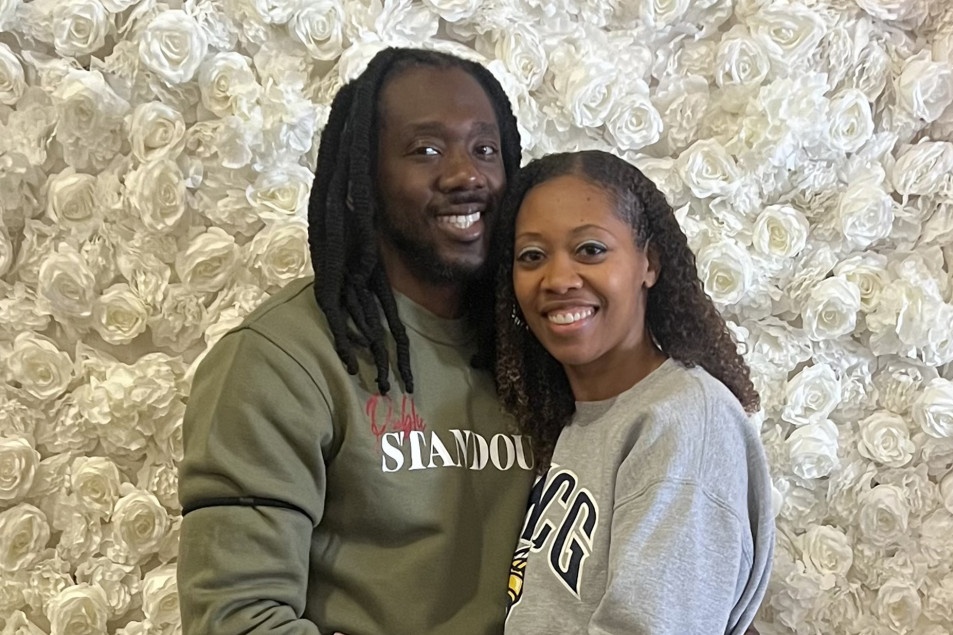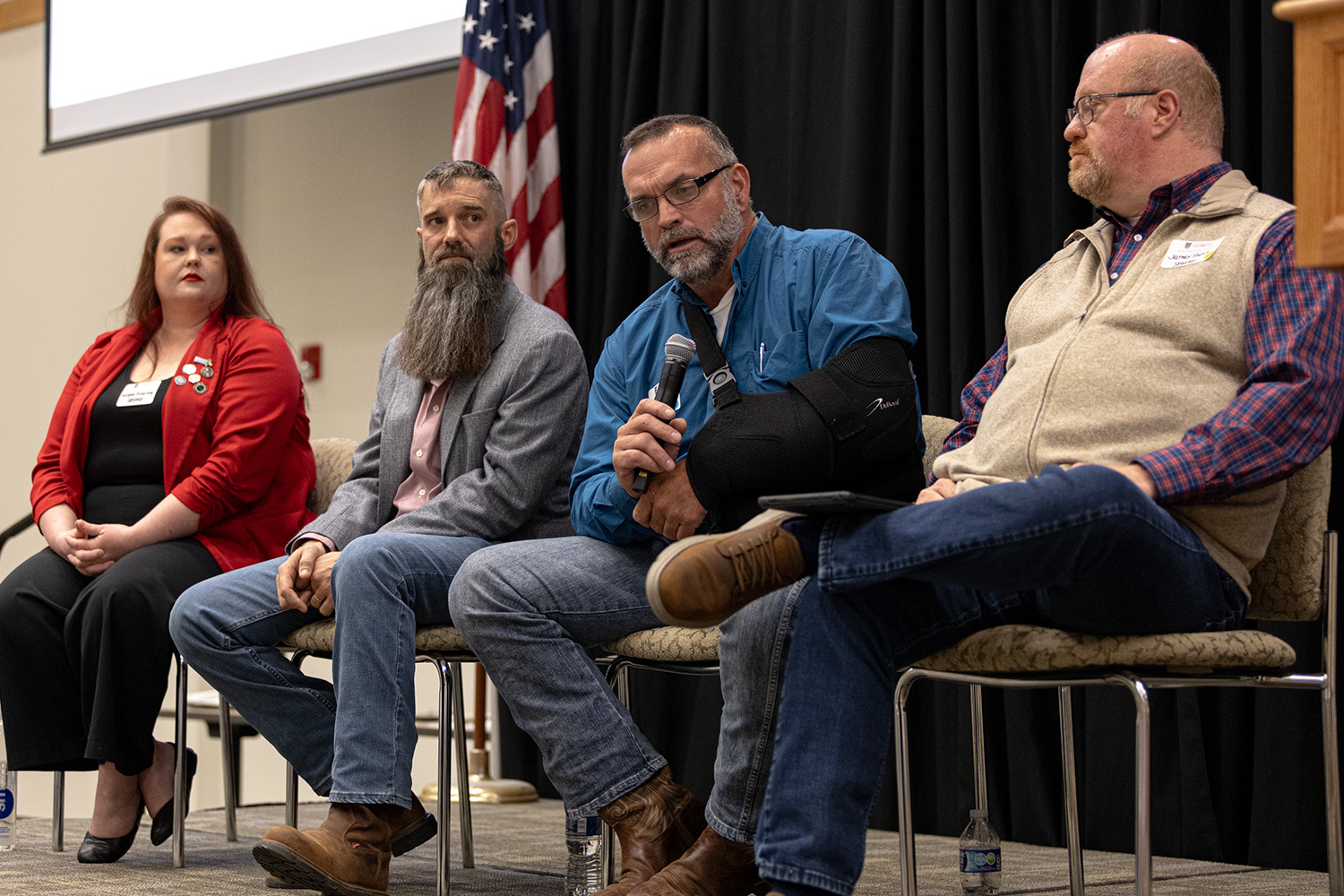When talking with your partner, do you listen to learn? In other words, do you listen for what is useful in what your partner says in order to fulling understand their point of view? Or, do you listen to reject by listening primarily for what is wrong or needs revision in what your partner says.
- Listening to reject. If you listen to reject, then you risk neither partner feeling heard. Instead, issues you are discussing may get lost by perpetual disagreement.
Len: “I’d like to get the grass cut today.”
Linda: “The grass doesn’t need cutting. It looks fine. I want to go shopping together at the mall.”
Len: “Going to the mall is a bad idea. We’ll just buy more things we don’t need and can’t afford. Besides, I’d like to get the grass cut today.”
Linda: “Don’t do it today. Do it tomorrow. It’s not all that long yet.”
Len: “I can’t do it tomorrow; it’s going to rain.”
Linda: “It seems like everything I tell you, you tell me I’m wrong.”
Len: “That’s just how I feel!”
- Listening to learn. Being a good listener requires that you have an open mind and a genuine interest in what your mate is saying. If your partner seems to be saying something that does not make sense to you, before pointing out what is wrong, try asking questions to clarify what is right, helpful, or interesting in what was said. The best time to add new information, concerns, or corrections to what your mate has said is after you have fully digested the points of agreement.
Gerald: “I’d like to get the grass cut today”
Gina: “Why?”
Gerald: “It’s supposed to rain tomorrow. I’m too tired to cut it after I come home from work during the week. If we leave it for too long the yard will be a mess.”
Gina: “That’s a problem, because I was hoping we could go shopping together today. Maybe while you do the lawn, I’ll cook something for dinner, and we’ll just plan to stay later at the mall?”
Gerald: “I’d appreciate that. And then we wouldn’t have to spend money at the mall for supper, either.”
- “But”-ing away Information. Also, be cautious of the “but.” The word “but” erases whatever has just been said and implies that you are listening to reject what your mate is communicating to you rather than to learn from what your mate is saying. Len: “I hope we can have a fun summer vacation this year.” Linda: “But we always enjoy our summers.”
- Receiving information. Rather than take away from the momentum of the dialogue, add to it with the word “and,” or a variation with similar meaning. Doing so will not only help the dialogue proceed smoothly, but it will also make your partner feel heard and respected. As a result s/he will likely be in a better frame of mind for listening to your perspective.
Gerald: “I hope we can have a fun summer vacation this year.”
Gina: “Me too. I hope it will be as fun as the last two summers have been!”
Healthy relationships and marriages entail a commitment to receive what your partner thinks, feel, values, and disapproves of with compassionate understanding. Like hugs, smiles, and special touches, listening expresses love and enhances positive feelings in the relationship.
Activity
Next time you and your partner disagree on something, take a step back and try to see the situation from his/ her point of view. Ask them why they want it their way and make sure you listen well. Then, when s/he is done explaining his/her side, fully explain your side as well. Seeing the situation from another point of view will help you both see the situation more clearly and will possibly make a solution or compromise more obvious.
For more resources, visit healthyrelationships.uga.edu and ElevateCouplesGeorgia.com.










